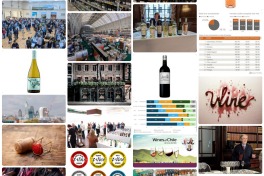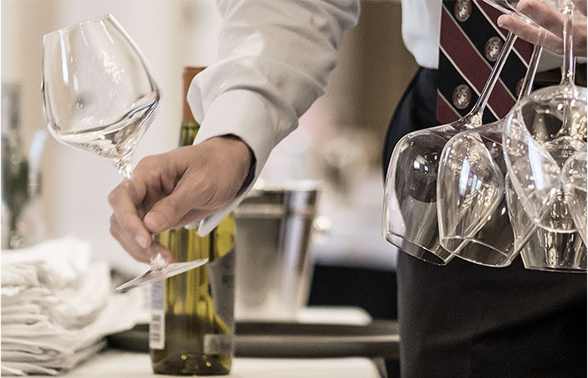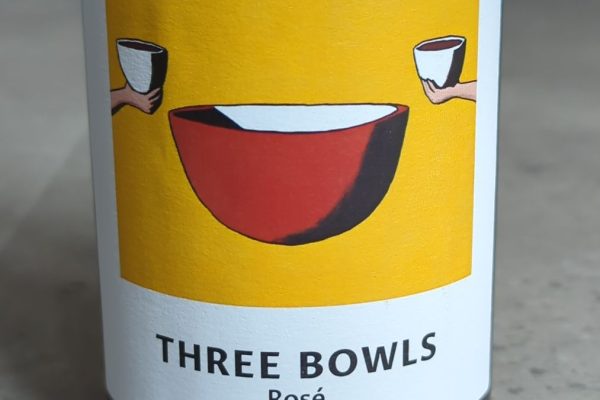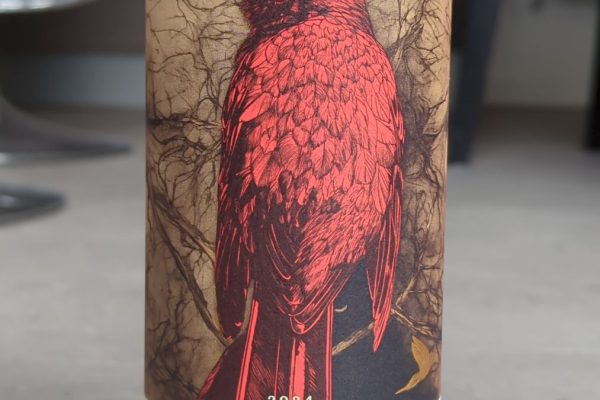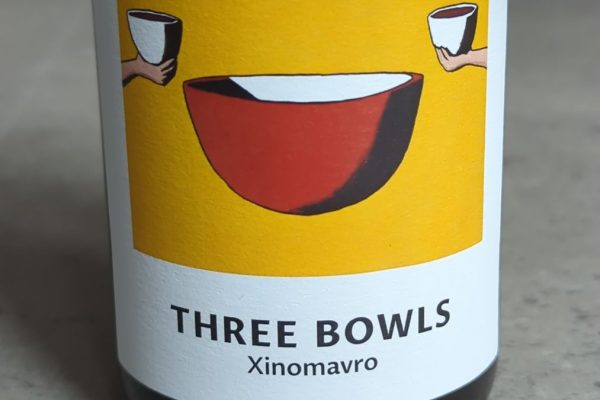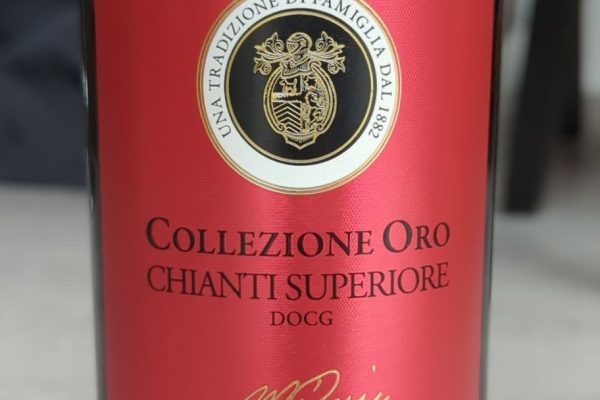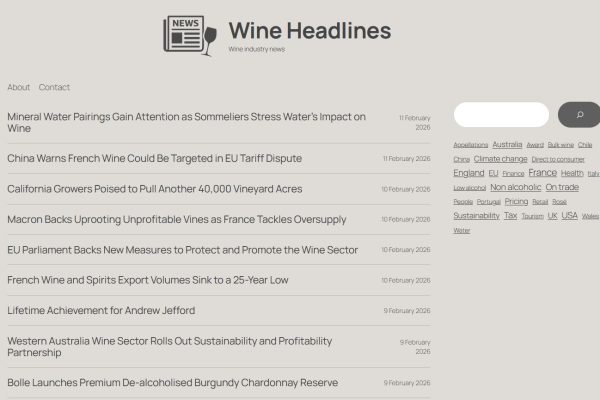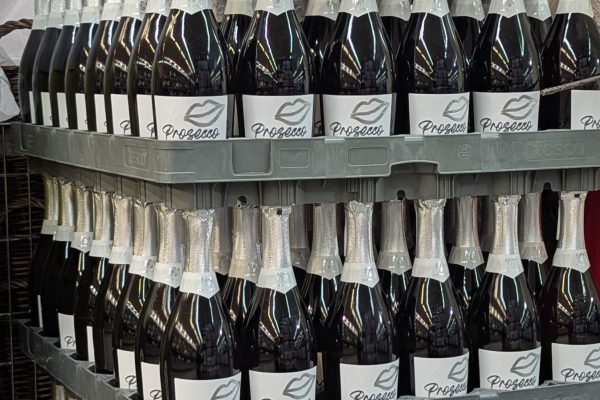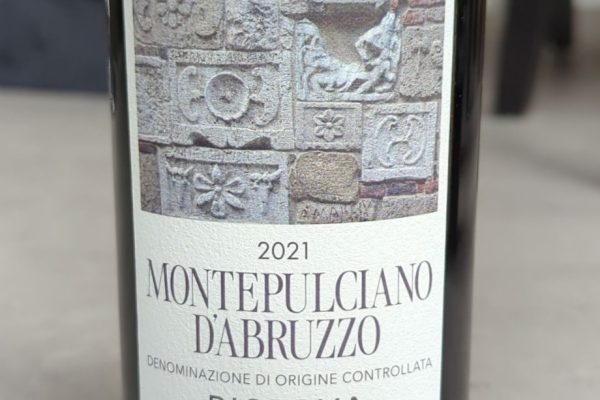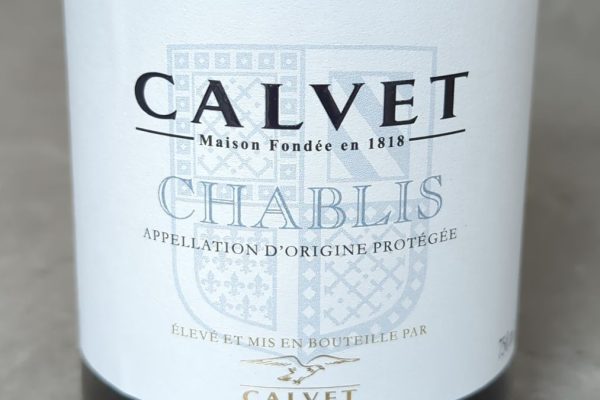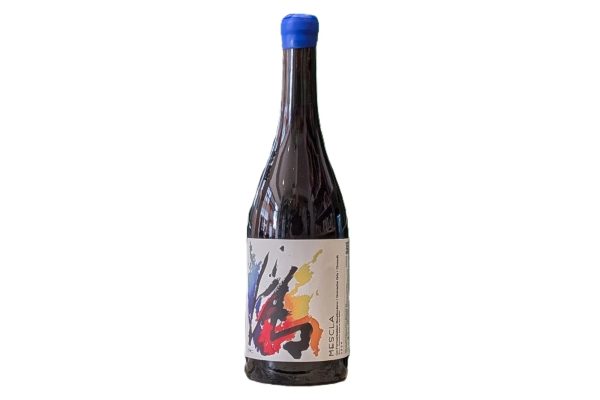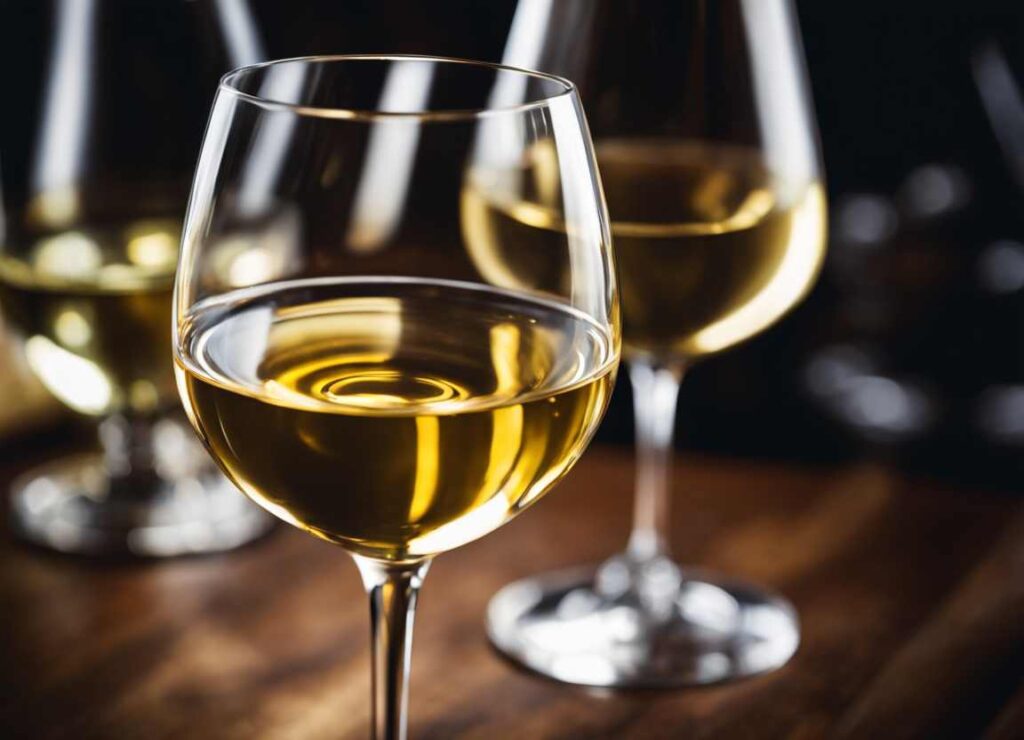
There’s recent research (PDF) looking into the impact of peer preferences and expert reviews on consumer behaviour, specifically for products like wine that consumers can sample. Through two experimental studies, the research identified that when consumers taste wines, their own rating significantly influences their willingness to pay (WTP).
A one-star increase in their rating can lead to an approximate $3 increase in WTP. Even after tasting, peer and expert ratings continue to play a role, with a one-star rise resulting in a $1.96 and $1.15 increase in WTP respectively. Interestingly, the study observed little difference in the weighting consumers give to peer and expert information.
The research further reveals that peer popularity has a different impact based on consumer’s tasting choices. If a consumer has chosen to taste a wine, higher peer popularity boosts their WTP. However, for wines they haven’t selected, higher popularity reduces WTP. This behaviour aligns with the concepts of review congruence and confirmation bias; consumers value information supporting their choices and reject conflicting data.
These findings have implications for brand managers and marketing professionals. Using positive information for wines that consumers have sampled can increase their WTP. Given that there’s little difference between the effects of peer and expert reviews, brands can choose either for promotional activities. However, to counteract negative personal evaluations, positive expert evaluations are more effective as peer reviews might be skewed by confirmation bias.




